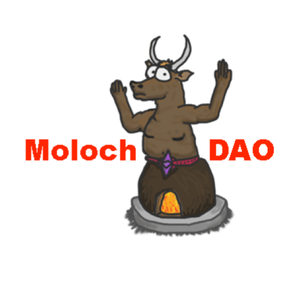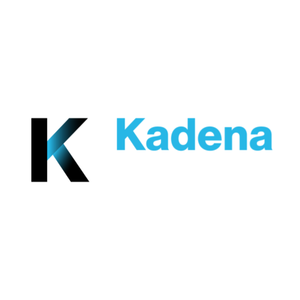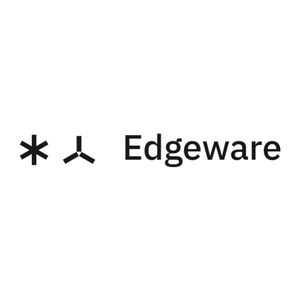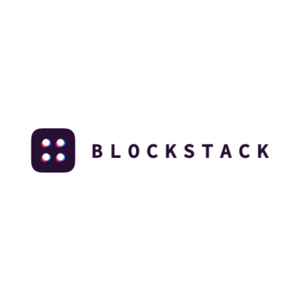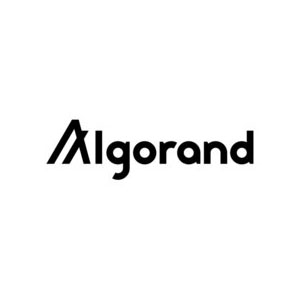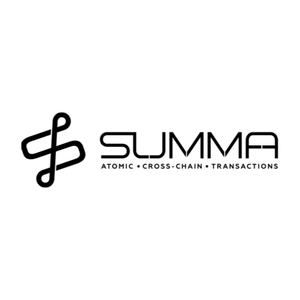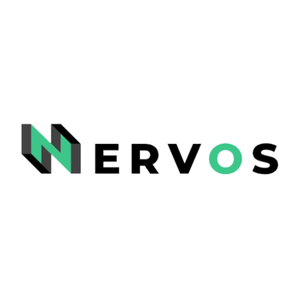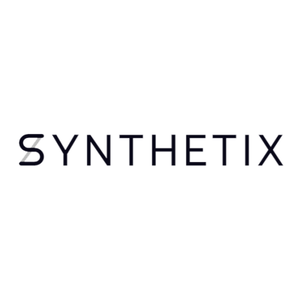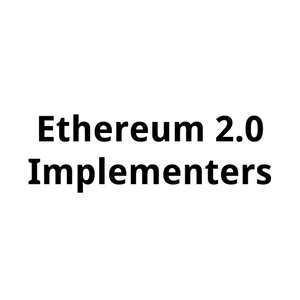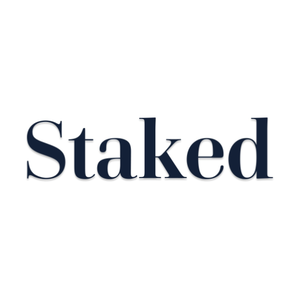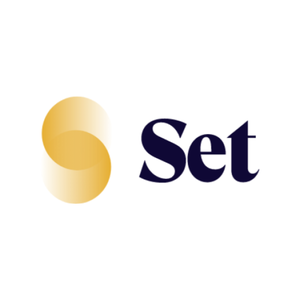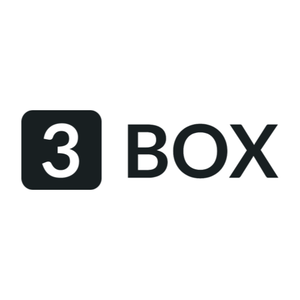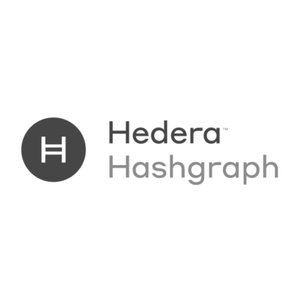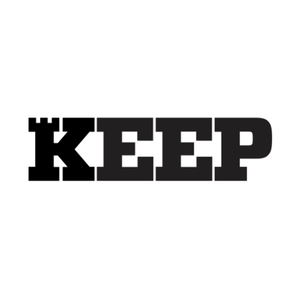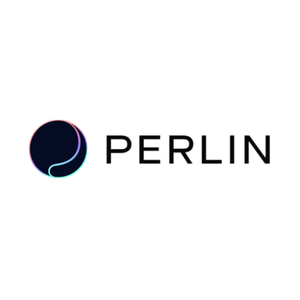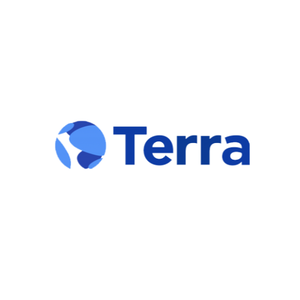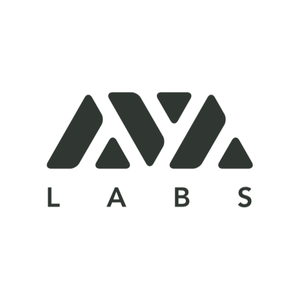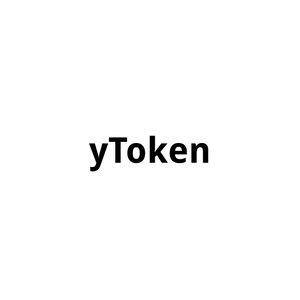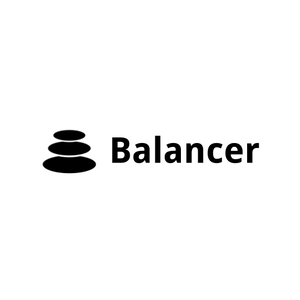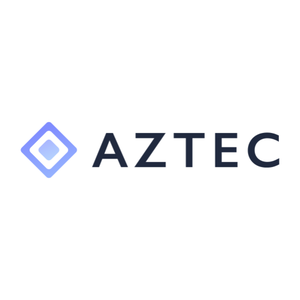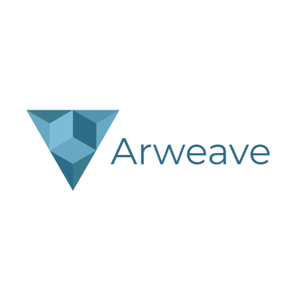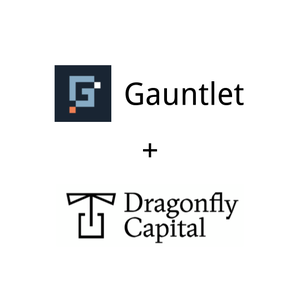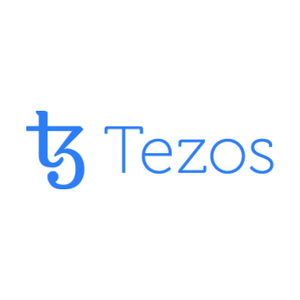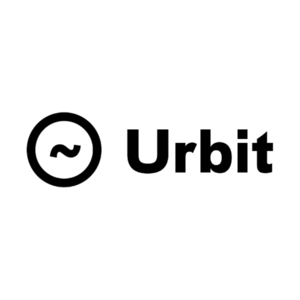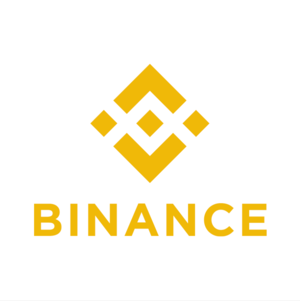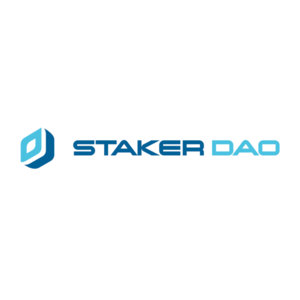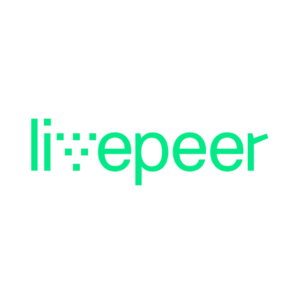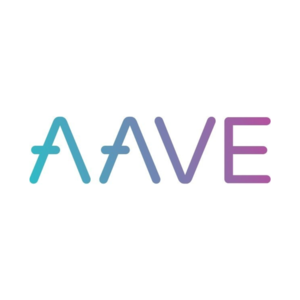Crypto AMA with Messari (5.10.19)
Spencer Noon Nov 27, 2019
Everyone, let’s give a warm welcome to @Dan and @Ryan from Messari!
As a reminder for everyone participating - please keep the discussion respectful at all times.
Ryan/Dan - could you start off by giving us a brief bio touching on your background as well as how you got started in crypto? And then a short overview of your project, how the idea came to be, and how it’s going so far? We’ll then be off to the races with questions.
Sure - thanks for the hosting AMAs Spencer. Will give my bg and let Ryan chime in on the idea more broadly.
TBI started in 2013 two moons ago. I broke the mt Gox story as an independent analyst, then joined DCG on the investing side. We bought CoinDesk in 2016 and I led the restructuring and consensus events. Left in 2017 and pretty quickly got reconnected with dan who shared my vision that bringing better disclosures data to crypto was fundamental to fixing the reference data problems and ushering in fundamentals for the new asset class
I stumbled on bitcoin in 2011 and, after some of the usual initial dismissal, spent every spare hour researching it and thinking about it, usually from a macro-economic perspective. Eventually I cofounded Digital Currency Council - an early educational network for crypto, and then built onchainfx in fall 2017 initially as a side project, but then teamed up with Ryan to build a bigger framework around transparency and good data for crypto. Other than that, relevant background is a degree is computer science and economics, and a few years as a semi-pro poker player :)
Messari aims to build an S&P of crypto - reference data/índices, quality ratings (transparency is a v1) and market intelligence for professionals
So what is the current approximate % of revenue by biz line and what do you hope it to be in a year?
So what is the current approximate % of revenue by biz line and what do you hope it to be in a year?
Like Capital IQ? (welcome guys!)
So what is the current approximate % of revenue by biz line and what do you hope it to be in a year?
Semi-pro seems to understate it :)
Yes, like capIQ
Made a living....just not a very good living at it ;)
So what is the current approximate % of revenue by biz line and what do you hope it to be in a year?
Not my memory from tangling with you
We think full stack. We gotta build Edgar and the xbrl standard anyone can rely on first, then capIQ / snl financial, then a fully baked crypto data platform
heh
Dan is a bigger shark than me. Scary right?
So what is the current approximate % of revenue by biz line and what do you hope it to be in a year?
What has been Messari's biggest evolvement since you & Dan partnered up in late 2017/early 2018 until now? (From a mission perspective as well as a product perspective)
The registry business is biggest right now, but we expect prosumer-focused market intelligence tools to be the primary revenue drivers by mid-next year. The registry is more of a public utility and strategically important piece of the business
I like to think of where we are in crypto as pre-1930s in traditional financial markets. Nascent regulatory frameworks, and foundational work is being done in terms of asset valuation, what metrics to pay attention to, etc. One approach we're taking is innovating on some core metrics and methodologies (supply tranches), and aggregate now 100+ metrics into one dashboard so people can figure how to slide and dice themselves, what ratios matter, etc.
Mission has stayed constant. We’ve been unwavering in the focus on bringing better transparency and smarter decision making tools to the crypto markets.
To dan’s point there, transparency is needed in order to even think about fundamentals
Yeah - industry still needs many of the basic pieces firmly put in place.
Why we've taken an early focus on transparency, and specifically supply transparency.
What is XBRL and how is it different than EDGAR?
So what is the current approximate % of revenue by biz line and what do you hope it to be in a year?
You've said you have 40+ committed to registry, but right now 27 on site. Not sure how to formulate the question but I'm surprised it seems to take awhile to turn around once you've gotten the sale. Does it just take awhile for them to get their data in?
From a strategy / product standpoint, we tapped the breaks on the TCR. It’s still going to happen, but a few insights. 1) we have a brand that’s better trusted than most token economic models, 2) NYS is the worst. We want our token to reward people for curating data and providing work. Paying staked token workers network fees is harder than it should be. 3) we don’t want to do the lions share of R&D on an Ethereum based tcr until the eth 2.0 migration and other curation markets have been tested in the wild more. 3a) we may end up considering something more like cosmos for the tcr
So what is the current approximate % of revenue by biz line and what do you hope it to be in a year?
Love it - appreciate that response. Transparency is so very needed. So what then have been the biggest challenges since inception and what else can the community be doing (that they are not already doing) to help Messari achieve its mission and benefit the space as a whole?
Otherwise, the strategy is nearly identical to the one we laid out to investors in 2017, and we’ve executed against it.
Xbrl is the reference data standard
That’s the digitization of financial records - electronic data gathering analysis and retrieval
More reading
https://en.m.wikipedia.org/wiki/EDGAR
Fun fact Edgar was a private business
Personally I would love to see some standards evolve around how to think about core metrics. I think we're getting there. The recent explosion of staking and staking-as-a-service discussions, crypto interest rate ideas, etc, are all getting rapidly developed. Want to see it coalesce into standard ways of thinking about metrics and asset fundamentals. Will take time.
Still is
Just a terrible business because it’s beholden to the us government
We have another announcement next week
We roll out new projects in cohorts and yes some of the onboarding takes time
We scrub it with them
We don’t just allow them to post directly
Ultimately, that should be community validated vs Messari validated - see my previous response to dan z
Our community have been great. Much more we can do to socially curate information in crypto. We’ll share more ideas soon. ;)
You've mostly thought of the newsletter as marketing more than revenue. I'm curious about this (as someone in same business though not really a competitor). What sparked the price hike in newsletter? (Ie, any color more than "we thought we could get same marketing for more revenue"). Second, after your experience, if I were to turn Week into Ethereum into a paid newsletter, what price do you think optimizes revenue? :)
Our newsletter is different. We have a lot of medium-length research we push T-Th. We also plan to include more account based features for “pro subscribers” in late q2, so some of our hard core subscribers are also our beta users for advanced OnChainFX filters, charts and custom dashboards
I'm going to be posting some questions from our Slido instance (marked with *). Looks like @Wes posted some beforehand.
* What is the plan/timeline for bringing in third party validators to challenge data submitted by projects?
* A lot of supply schedules are bogus without vesting built into the smart contract. Will you guys be creating more rigor around supply emissions for projects?
Step one is getting “on the record” self attestations around treasury policies and monetary policies and vesting
Re supply - we'd love for vesting to be smart-contract based. Agreed that would be allow for the most credibility and transparency. But we're currently classifying supply tranches taking into account that tokens may be vested in a smart contract, or via a legal contract. See our definitions for Liquid and Circulating: https://messari.io/method
That’s relevant for all projects. But in the future more disclosures should be fully automated
This sounds really interesting. What will these attestations look like or better, how will they work?
Step 1) create methodology and early disclosures registry + onboard participants, step 2) freely distribute that data to third parties, 3) once the two sided marketplace is humming, decentralize the validation element to strengthen the quality controls and mitigate the risk of us as a central source of truth
We’re currently focused on step 2, as it will be what takes us from 40 projects to 400
That’s what they do via the registry
So we can track if they made a change or misrepresented something previously
Super exciting. Thanks for answering.
What third parties are you speaking with currently that are most excited about having access to the data?
All of them.
Since you guys dive deep on supply schedules, lock-ups, etc. -- I'd love to know if you have any observations/opinions on best practices and red flags that investors should be on the lookout for when they're evaluating projects
I'm always a little wary of a project that seems to be trying to exploit unit bias (ie, huge number of tokens for no good reason). And then some obvious things like no vesting or very short vesting with huge chunks allocated to team or a long list of "advisors".
Red flags: inflation
[ Photo ]
And yes, I just did that from my phone in the car, via our mobile site, and toggled the filters in real time to show top 15 market cap assets inflation vs ytd change
;)
What are your thoughts about trying to provide better like for like comparison of crypto assets?
Y2050 was a first very basic version of apples-to-apples on the supply side.
This should move to a Y+10 - ie, what will supply be 10 years from *now*, whenever "now" is.
False transparency. A lot of projects want to say one thing and do something else. If they are not giving you the tools to verify their claims, you should be concern
There are dozens of different business model that affect return on tokens
Inflation is one, net staking yields are another (derivative of inflation and headline staking rewards)
The Tezos inflation rate is 5.51% I think. It’s definitely not > 10%.
At times when we don’t have the best days we’ll partner that those who do.
I'd love to talk more about how to add staking rewards/yields to Messari
We make assumptions for the gradual unwinding of tezos foundation treasury. One major reason we need better disclosures
Case in point is xrp. Headline inflation is zero. Actual inflation is 25% annualized
Understood.
We use data from staking rewards have you looked?
I'll take a look!
[ Photo ]
(Now I’m just showing off)
https://messari.io/onchainfx/view/ABA10F85
Now Eric is showing off ;)
I’m still faster
😜
* -Feature request: consolidated market depth for assets within x%s of the fair value. Is this something you guys are looking at adding to OCFX?
Ahem dan?
Yes - definitely something we're building :). Figuring out exactly how to aggregate the data in a way that's informative - what you can get easily (as far as order book data) from one exchange to the next varies a good deal, so liquidity measures have some nuance, but nevertheless, we think we'll be able to produce a useful metric here relatively soon.
Personally, I think it would be interesting for a metric like to show you slippage if you market-sold a certain % of that asset's supply (maybe a basis point, 5 basis points, etc) into on-book orders. And to also see that by fiat amount across assets; eg, if you sold $100k worth, $1m, $5m, etc.
Do you open source the assumptions?
How are you guys thinking about disclosures around their treasury management? i.e. Current Assets, Do they still hold ETH, who is managing their treasury (if anyone)?
Good question, I’m not sure if it’s footnoted.
https://messari.io/asset/tezos#profile
The goal is for this to be provided directly during the engagement on the registry side
Right now we don’t disclose the full assumptions in the supply curves, but that will come later this year
We call these our “NOVA principles” - non controversial, objective, verifiable, and actionable data points first. That means eliminating controversial disclosures in v1, which can include current accounts. BUT it’s optional for USD/BTC/ETH treasury disclosures and we’ll ultimately benchmark teams on their relative transparency.
That would be super informative
Why did you guys create CIRI?
Why didn't you disclose your full assumptions right off the bat? Seems off-brand for a disclosure-focused company.
There’s two reference indices that matter. S&P and LIBOR, if you believe in DeFi you’re gonna need a better more consistent interest rate
All registry data is free, but when our research team spends 10 hours deconstructing a supply curve that’s IP we don’t actively destroy by giving it a ya
That said I DO hope that all that info is ultimately made free because we have 100% participation in the registry and that that business becomes a decentrally managed public utility
That's fair, but I don't use a lot of your data specifically because it's so different from "official" figures and I don't know what caused the differences
So I know you guys are dope, but I do wish I knew what went into the calculations so I could feel safe using it
Makes sense. We do divulge that to potential commercial partners
So there’s a B2B focus. If other index teams begin to defer to our data you’ll know its good
That said we do include the broad strokes for assets like ripple.
Which we’ve written about extensively
And have done similar exercises for most of the top 100 clones
Coins (Freudian slip)
😂
Running up on time. Get those questions in!
A lot of data companies also go pretty heavily into research - is there a plan to launch a Delphi Digital equivalent service?
We’re a data company and info curator first and second
So much more likely to partner with groups like Delphi (we love Tom)
makes sense
will you be expanding to more on-chain stuff as well?
yeah - we've built some infrastructure for onchain metrics to handle some of our supply stuff, and going a lot deeper is on the roadmap.
sweet! tying on-chain stuff to trading activity will be pretty fun through one interface
Last call for questions!
Alright let's wrap this up. Ryan, Dan thanks a ton for coming on today
Thanks all!
Thanks everyone!
thank you!
Reading late, appreciate all of the info and your time @dans @ryan and thank you @spencer
+1 . Thank you so much Ryan and Spencer
Agreed -
Literally know all of you and watch everything you put out and this was still super useful and interesting. Testament as well to the awesome AMA group @Spencer
+1 always appreciate the fact that these AMAs are easily accessible and archived here. Ty @spencer !
Likewise Ryan! And very open to that 😀
Incredible AMA, love we can read through if we miss it. @spencer +1 !!



